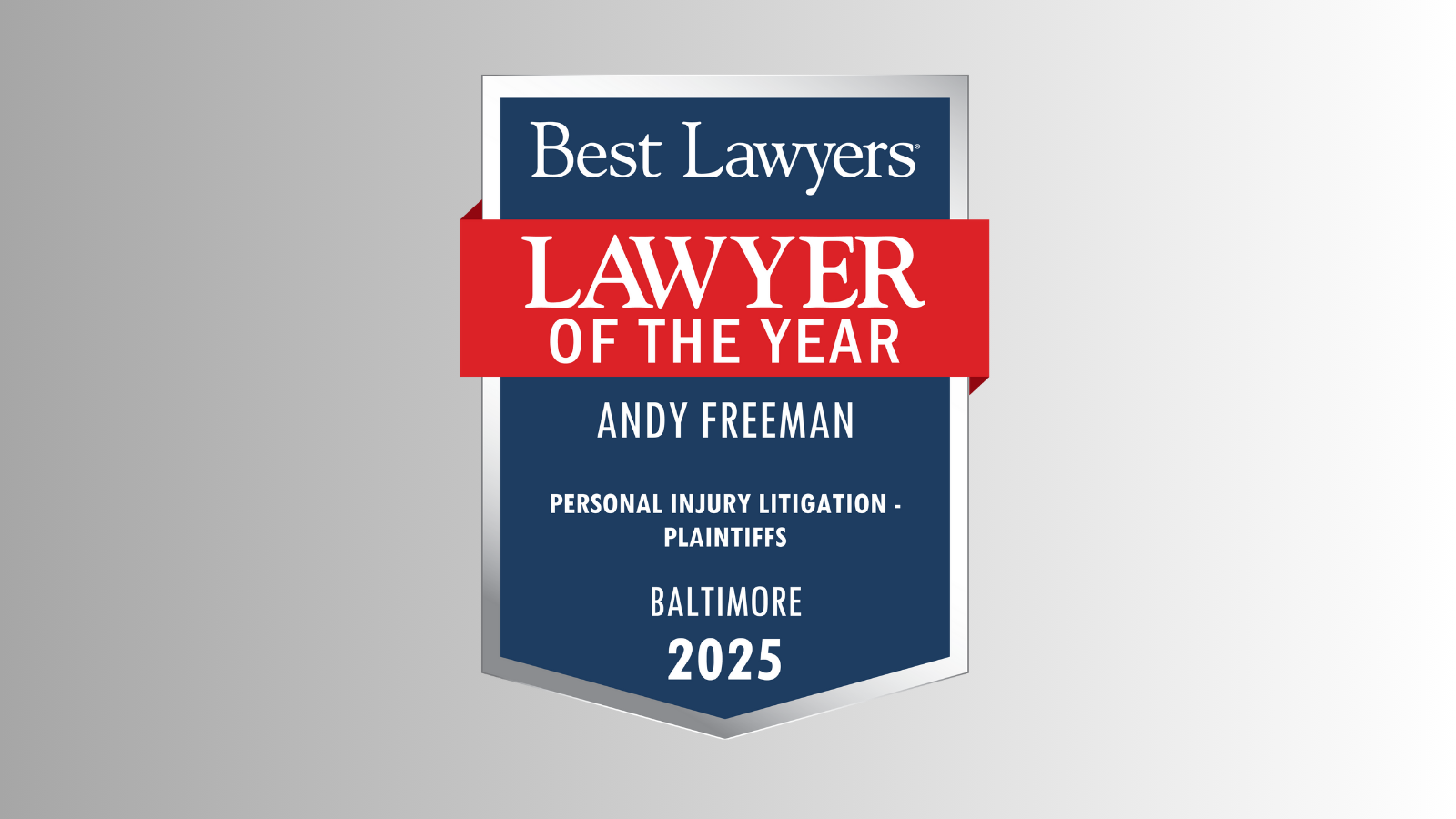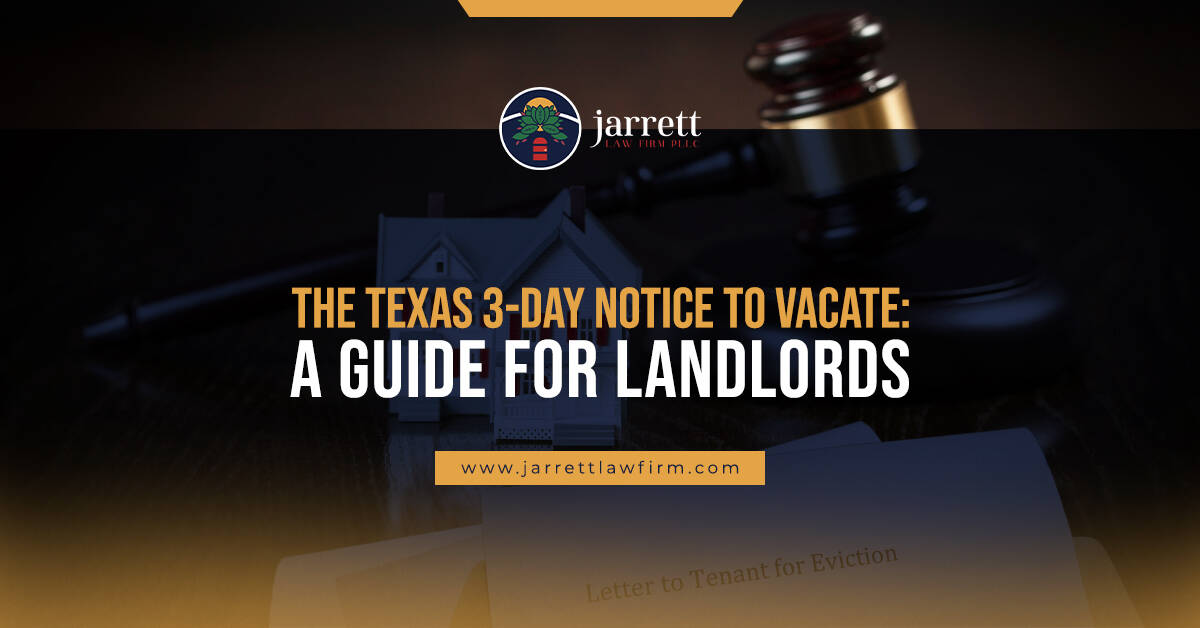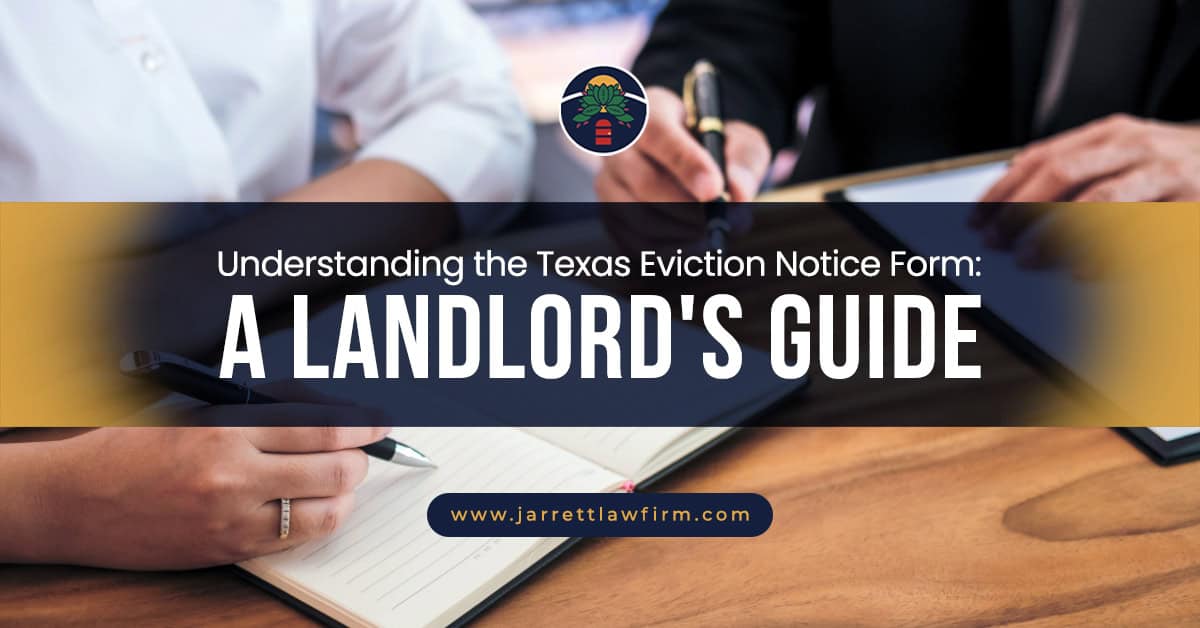NLRB issues union-friendly election rules – Technologist
The National Labor Relations Board has updated the rules that govern the ability of a union to be recognized as workers’ bargaining representative under the National Labor Relations Act (NLRA). The current (Biden-era) Board’s actions are more generous to unions and replace rules that the Trump-era Board had issued in April 2020. The new rules apply to cases filed on or after September 30, 2024. Here’s what’s new:
Blocking charges are back: The Board’s regional directors (agency staff) have the authority to delay a scheduled secret ballot representation election if a union alleges an employer is engaging in unfair labor practices. These “blocking charges” are a tool that unions can use to buy time if their election campaign is going badly.
Voluntary recognition ensures no election for at least six months: If an employer voluntarily recognizes a union as the representative of a majority of workers, those workers cannot hold a secret ballot election to confirm or reject the union as their representative until a “reasonable period of time for collective bargaining” has passed. This is called the “voluntary recognition bar” because elections are barred for a reasonable period after the voluntary recognition. The reasonable period is between six months and one year and depends on a variety of factors. The 2020 rules had allowed employees 45 days to object to the voluntary recognition and demand an election.
Construction industry unions get a boost: Construction industry unions get the same protections under the “voluntary recognition bar” that other unions receive. Because of the transitory nature of the construction industry, the NLRA offers a special option for construction industry employers to voluntarily recognize a union even without evidence of majority support. The 2020 rule had said that such a voluntary recognition in the construction industry wouldn’t bar an election petition unless there was evidence of majority support, but the new rule deletes that provision.
Tips: The new rules make it easier for unions to organize nonunion workforces and get a foothold as the employees’ exclusive bargaining representative. If a union demands voluntary recognition of your nonunion workforce, you don’t have to accept it. You shouldn’t review the signatures or other evidence the union may present; you can respond that if the union wants to represent your workforce, it will have to petition for an election. Then contact your Vigilant Law Group employment attorney. They can advise you on how to avoid committing unfair labor practices and they can also provide referrals if you need help combatting a union election campaign.



